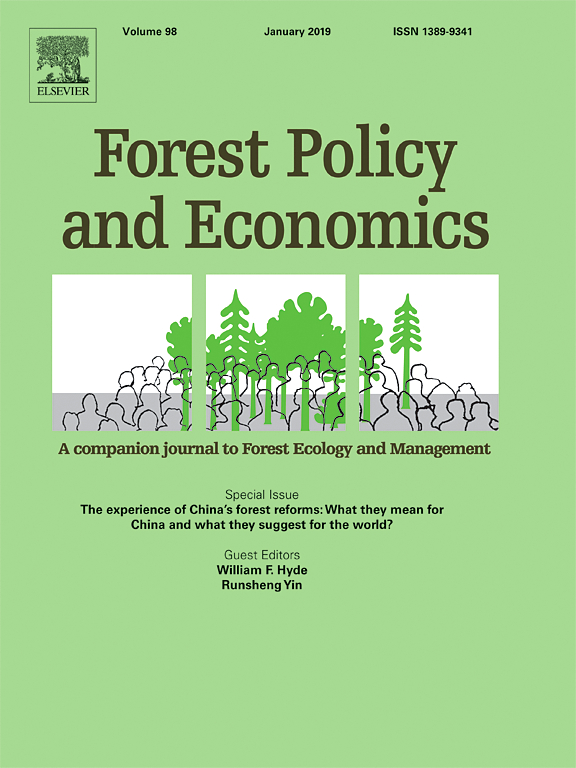This paper explores the perceptions of 114 Vietnamese companies regarding the opportunities and challenges they face in trading timber and wood with African countries, drawing the implications for future implementation of the EU Deforestation Regulation (EUDR) in Vietnam and African countries. More than half of the surveyed companies imported African timber for construction, raw material resale, and furniture production. For most companies surveyed, imported African timber was used in 25 %–50 % of their products; just 10 % of companies were entirely dependent on imported African timber. Surveyed companies had a diverse supplier list, with those from the United States and European Union contributing higher percentages of timber than their African counterparts. African countries were considered high-risk for illegal logging; yet surveyed companies also believed African timber imports to be an opportunity due to the continent's significant expanse of tropical forests, high consumer demand for African timber, and favourable conditions when dealing with African businesses. However, importing African timber also brought major challenges for Vietnamese companies due to pressure from consumer countries to ensure timber product legality, and due to the lack of accountable, transparent governance and legal frameworks – in both Vietnam and African countries – required to validate sources. Our paper sheds light on challenges for timber- and wood-processing companies in Vietnam in complying with the EUDR and highlights the need to strengthen governance frameworks around timber imports and exports in Vietnam, African countries and consumer countries to monitor and control the illegal timber trade.
DOI:
https://doi.org/10.1016/j.forpol.2024.103387
Dimensões Contagem de citações:


















